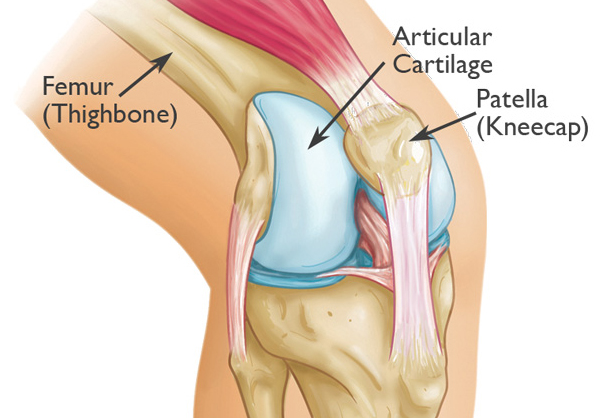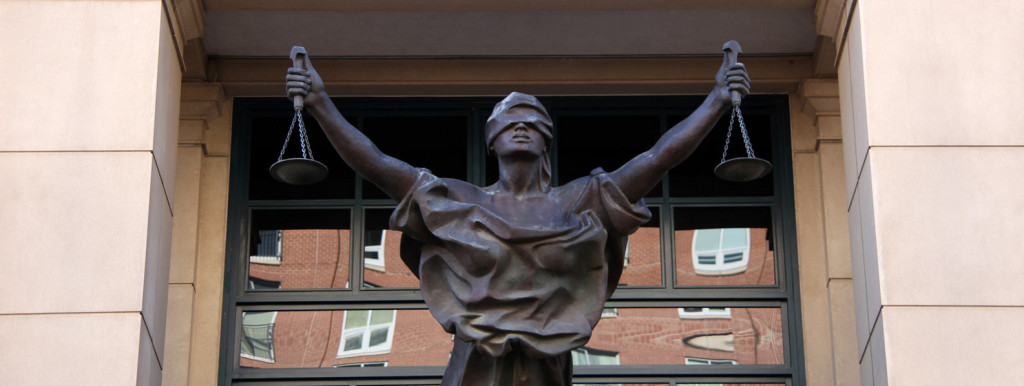Injured Client Awarded $683,810 at Trial After Rejecting Final Offer of $280,000
Posted on by Mussio Goodman
We are pleased to announce our success in the case of Ackermann v. Pandhar, 2017 BCSC 880.
The Court awarded our client $683,810 for injuries sustained in a 2011 motor vehicle accident, which substantially exceeded the insurance company’s final offer of $280,000 before trial.
Our client sustained a number of injuries in the accident, the most serious of which was to his right wrist, described by our orthopedic expert as “chronic and static with a very high likelihood of deteriorating over time.” This injury made it impossible to perform his job as a tile setter, and to engage in many activities that he previously enjoyed.
The insurance company argued that our client should be held 25% at fault for not wearing his seatbelt at the time of the Accident. We pointed out that our client had a legitimate medical reason for not wearing his seatbelt (a recent bladder surgery), and that, regardless, the insurance company failed to prove that his wrist injury would not have occurred had a seatbelt been worn. The Court agreed with our position.
With regards to past wage loss, we argued that our client should be awarded an amount that falls between his actual earnings before the Accident and the higher average wage for a tile setter, with which the Court agreed as follows:
[146] [T]he figure proposed by Mr. Ackermann’s counsel — the mid-point between average tile setter earnings and the actual earnings as I have found them — fairly reflects the rate increases that the business would certainly have commanded in the years since the accident (and which Andreas now enjoys in his own business) without indulging in speculation about business growth.
Our client was also awarded $385,000 for future loss of earning capacity after we successfully argued that our client had planned to work well into his 70s and had significant language barriers that likely precluded him from alternative employment. The Court agreed as follows:
[160] I conclude that the possibility of Mr. Ackermann obtaining paid employment in the future is so low that his remaining earning capacity must be considered minor at best. If he does become employed I predict that at best he is looking at entry-level service-type jobs, with virtually no possibility of replacing his pre-accident income.
While 98% of injury claims settle, this case demonstrates the importance of hiring experienced lawyers who won’t hesitate to advance your claim to trial to get the compensation you deserve.




